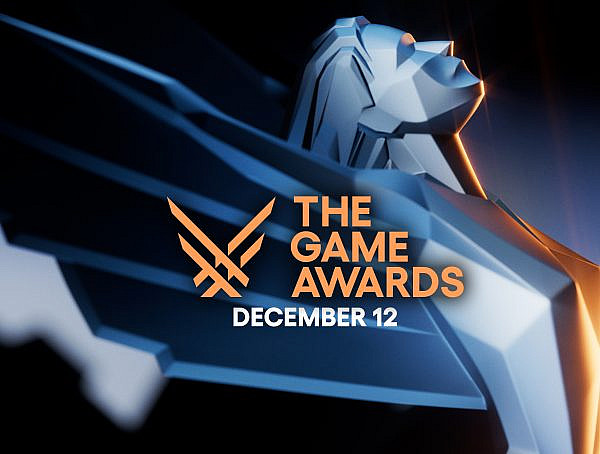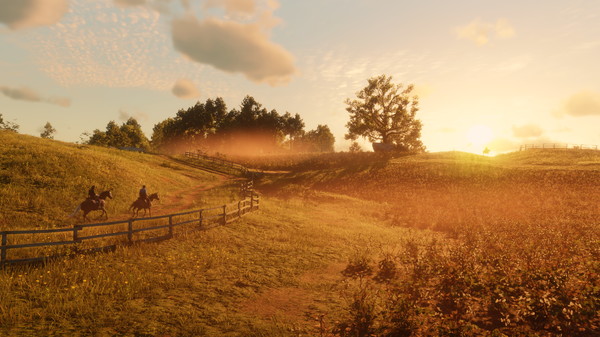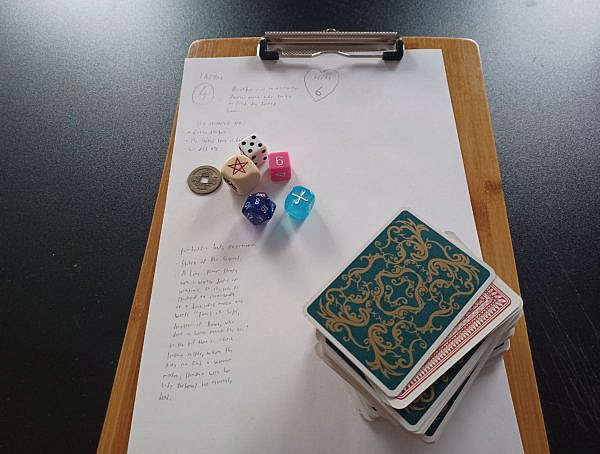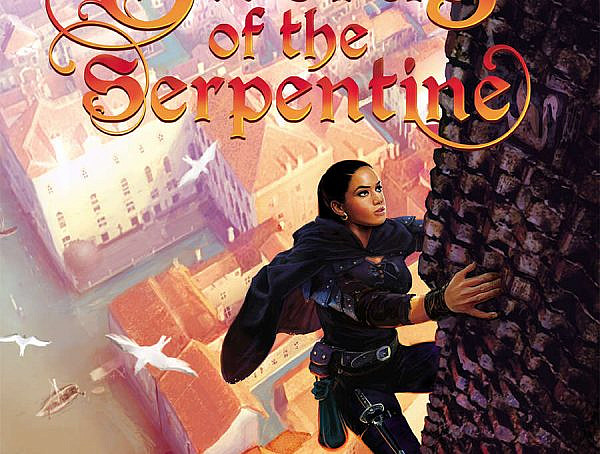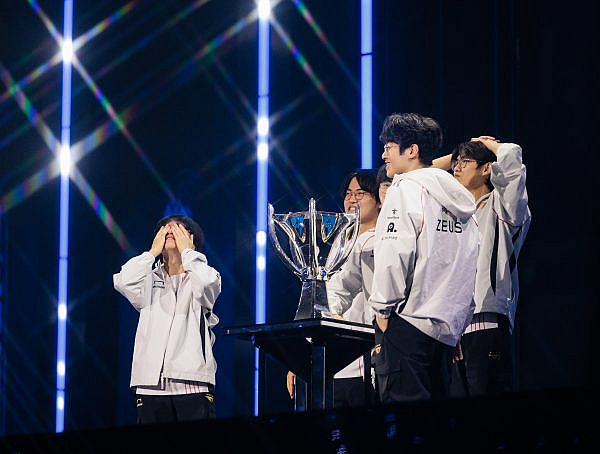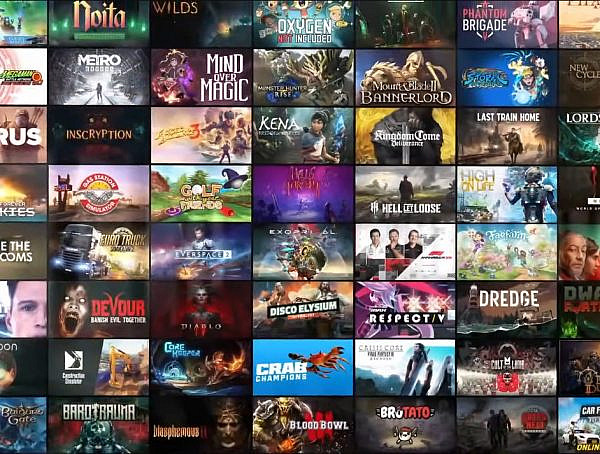Minigames are side activities that populate many modern video games, especially those with large open worlds. They differ from the usual gameplay, offering a change of pace from a possibly repetitive experience. They’re usually not very deep or interesting, having offered just a few minutes of content when the player gets back into the “real” game and forgets about the activity. There are exceptions, however, and I have been wondering what makes a minigame good, and how they should be implemented in games.
There are many examples of popular minigames. The Final Fantasy series has had a bunch of them, with FFVII’s Gold Saucer being a notable part of the game world with multiple games integrated into it. FFVIII’s Triple Triad is a surprisingly deep card game with lots of different rulesets, cards and opponents to be found. Both of these examples have also been modernized in FFXIV, offering multiplayer for many beloved minigames of the series. Outside of role-playing games, the Grand Theft Auto and Red Dead Redemption series have lots of real-life activities such as bowling, darts, poker, and blackjack. But so do the Yakuza games, with the newest entry, Like a Dragon, containing a whopping 24 minigames.
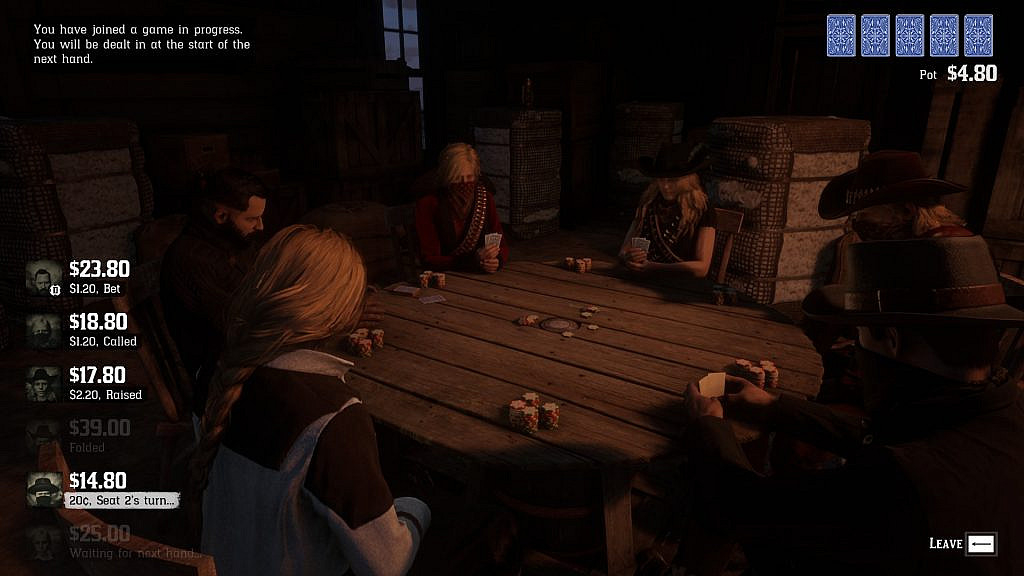
Poker and other card games are commonly utilized as side activities. Screenshot from Red Dead Online.
What are the reasons to engage in these side activities? I often find myself in a situation with long games where I really like them and want to keep spending time in their worlds, but the normal gameplay becomes tiring after dozens of hours. In games with free roam, the player is, in a way, responsible for their own pacing. This is where minigames come in, giving a breather and a fresh way of enjoying a game. There may also be interesting character moments and dialogue when the game allows for side activities with non-playable characters. Aside from pacing and narrative gratification, more material rewards can motivate playing minigames, depending on what can be earned.
The rewards may be linked to the larger in-game economy. Should participation in minigames help the player in the main game? I would argue yes, and I think this is a very important thing to balance. Having recently played through Red Dead Redemption 2, I was reminded of a problem I have had with the developer’s games: there is so much money given to the player and so little to spend it on, that winning a round of poker feels like a meaningless waste of time to me. Tying minigames into the main game’s progression system by giving a substantial amount of money makes me feel motivated to play them, and Yakuza: Like a Dragon does this extremely well. By playing an addicting management minigame, I was able to earn money to buy items and equipment that helped me in progressing through the story, but I was still not overpowered. I felt the benefits of the minigame, but they were not so broken as to decrease my enjoyment of the main gameplay. Again, balance is important, and designing different systems to work together like this must be a daunting task for the developers.
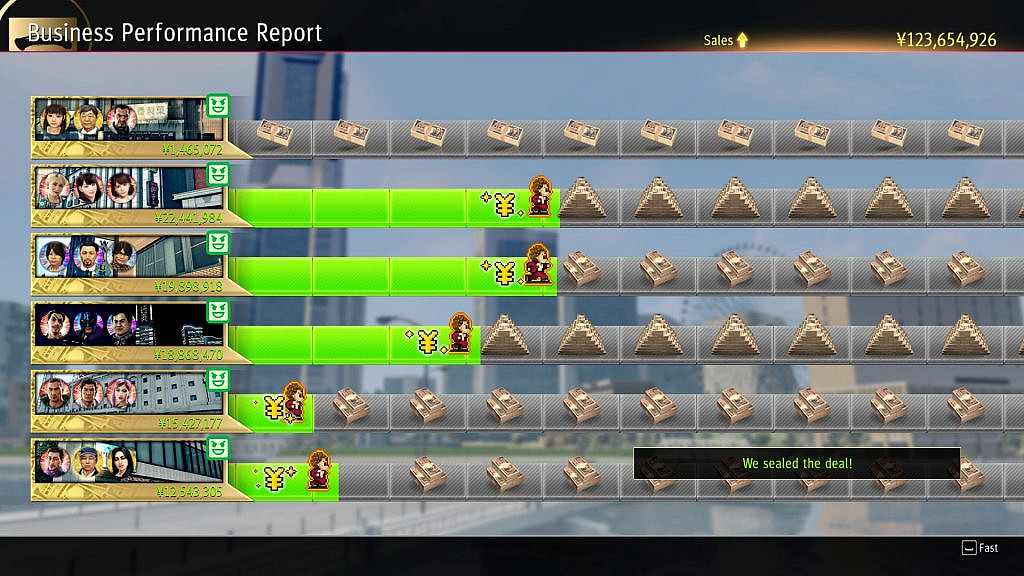
Managing businesses and employees may not sound thrilling on paper, but this minigame quickly became my favorite part of Yakuza: Like a Dragon.
These were only a few examples of a vast amount minigames and implementations that are out there. Overall, as a player, I feel there can never be too many optional minigames in an open world. They can make a good game even better and offer an alternative, lighter experience. Minigames may not be essential, but they sure are fun.
Screenshots from the games, taken by the author.
You might also like
More from Features
Worlds in a Finnish Theater: League Finals, Community, and Döner Kebab
I travelled to Helsinki to watch League finals in a cinema, and it was worth it. #leagueoflegends #esports #community #worldfinals
Playing Under Pressure: The Struggle of Staying Current with New Game Releases
With the new year having just arrived there's plenty of new games coming out soon to look forward to. But …







